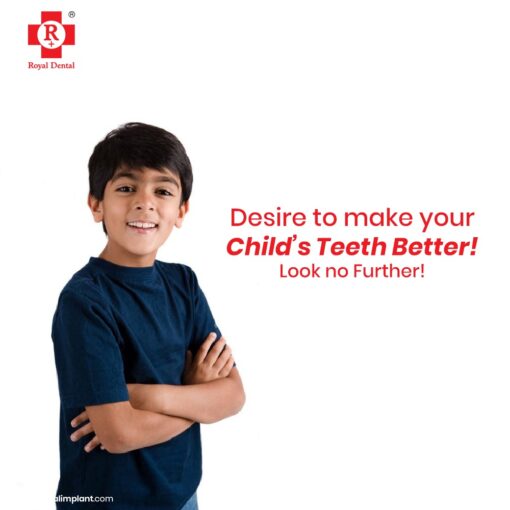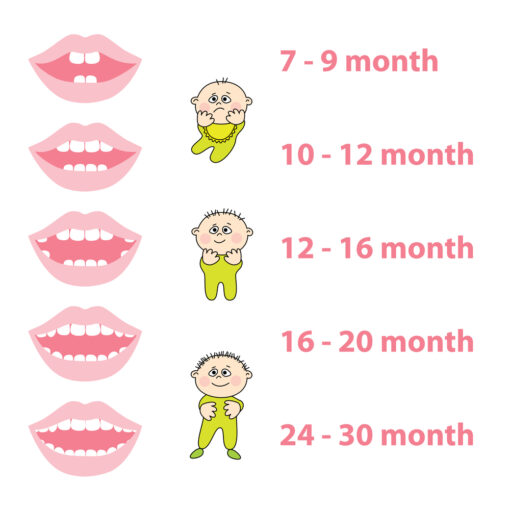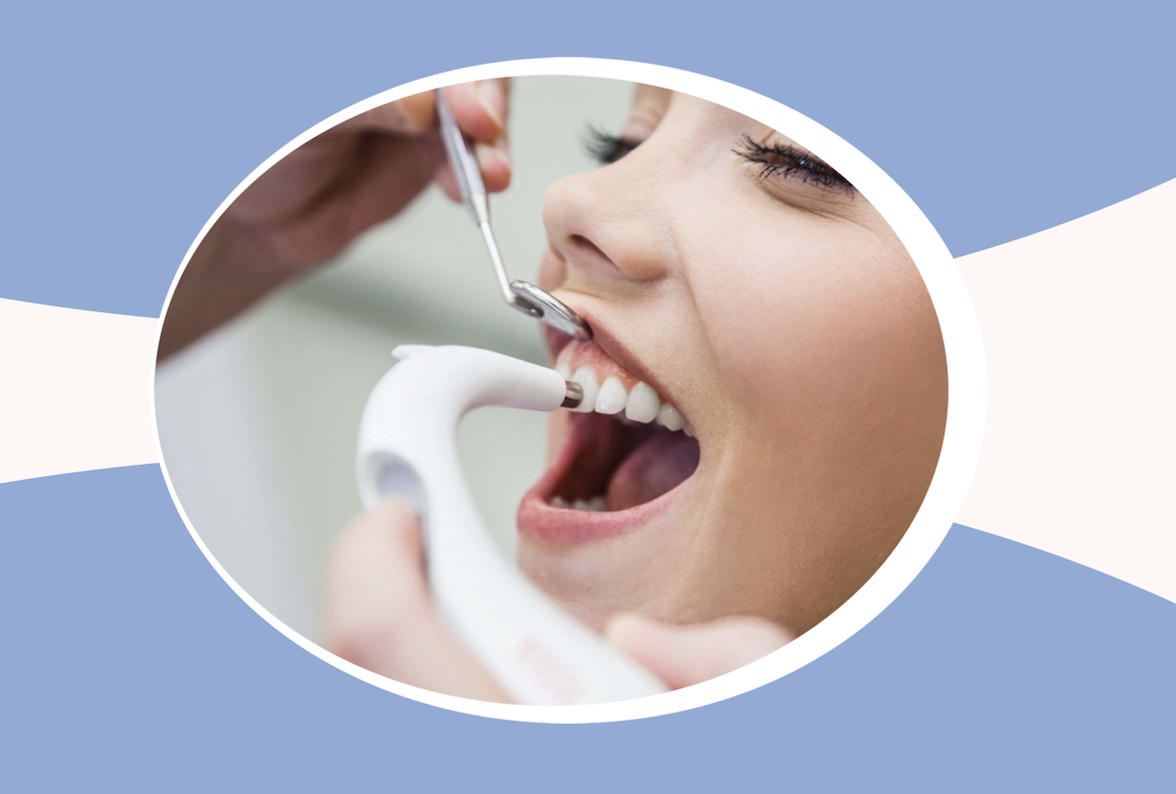Deciduous teeth often referred to as baby teeth, primary or starter teeth, are the first set of teeth that will appear and disappear throughout your life. These small but essential teeth begin developing during infancy and typically fall out by the time a person reaches their late teens or early 20s. These baby teeth have different developmental stages and need special care to remain healthy until they fall out. Fortunately, most dentists will recommend specific measures to ensure milk teeth won’t be at risk of infection or other dental problems.
They start developing during the embryonic stage and start to erupt through the gums about 6 months after birth. All 20 of them are typically in by age 2½.
What are Deciduous Teeth?
Deciduous teeth, also known as baby teeth, primary teeth, or starter teeth, are the first set of teeth that appear and are then replaced with adult teeth as a person grows older. Most people have 20 deciduous teeth, though some may have fewer or more. These baby teeth are critical for the development of your child’s speaking and chewing skills but they’re also very delicate.

If your child’s deciduous teeth are damaged, infected, or suffer from general wear and tear, they may be at risk of not being replaced by a new set of permanent teeth. This is why it’s essential to take special care of your child’s deciduous teeth.
Deciduous Tooth Development
Deciduous teeth emerge from your child’s gums during a specific period of development. This usually happens sometime between infancy and the age of 10, though some kids will get their first deciduous tooth earlier or later than this. The order in which deciduous teeth emerge and fall out is based on your child’s growth and development.
The first teeth to appear are usually the upper central incisors. These teeth are followed by the lower central incisors, upper and lower lateral incisors, upper and lower central teeth, upper and lower first molars, upper and lower second molars, and finally the upper and lower third molars.
Tips for Healthy Baby Teeth
As your child’s primary teeth begin to emerge, it’s important to care for them as you would any other adult tooth. Here are a few tips to make sure your child’s teeth stay healthy until they fall out: Make sure your child brushes their teeth at least twice a day. Be sure to use toothpaste designed for infants and young children.

Make sure toothbrushes are appropriate for your child’s age and size. Avoid using a hard-bristled toothbrush. Be careful when using oral care products. Avoid giving your child too many sugary or sticky foods. Be sure to schedule regular dental check-ups. Make sure your child’s pacifier is clean. Be careful when your child eats sticky or hard foods during teething.
Care of Deciduous Teeth during development
As with any other set of teeth, it’s crucial to keep your child’s deciduous teeth clean. In fact, you may want to take a few extra steps when cleaning these teeth especially if your child has not yet developed the manual dexterity to effectively clean their own teeth. Here are a few tips for keeping your child’s teeth clean during their developmental phase: Start cleaning your child’s deciduous teeth as soon as they start to emerge.
Use a soft-bristled toothbrush designed for infants. Be careful when cleaning your child’s gums with a toothbrush. Make sure to use the proper amount of toothpaste and water. Be careful when cleaning your child’s teeth with water. Be sure to clean your child’s teeth after every meal. Make sure to clean your child’s teeth after they eat sticky or hard foods.
When to see a Dentist for Deciduous Teeth
The best way to keep your child’s deciduous teeth healthy is to schedule regular dental check-ups with a dentist or other dental care professional. It’s essential that parents and caregivers keep an eye out for any dental issues that could affect their child’s deciduous teeth.
Here are a few issues that warrant a visit to the dentist: Pain in your child’s teeth. The emergence of a new tooth in your child’s gums. Changes in your child’s bite or jaw alignment. Any excessive drooling from your child’s mouth. Any signs of infection, such as redness, swelling, or pus. Any signs of abnormal wear and tear, such as cracks in the teeth or chips in the enamel.
Conclusion
The first teeth that appear throughout your child’s life are referred to as deciduous teeth. These teeth are very delicate and will eventually fall out and be replaced with permanent teeth. It’s important to keep your child’s deciduous teeth healthy by cleaning them and making sure they don’t become infected. It’s also important to schedule regular dental check-ups with a dentist.






